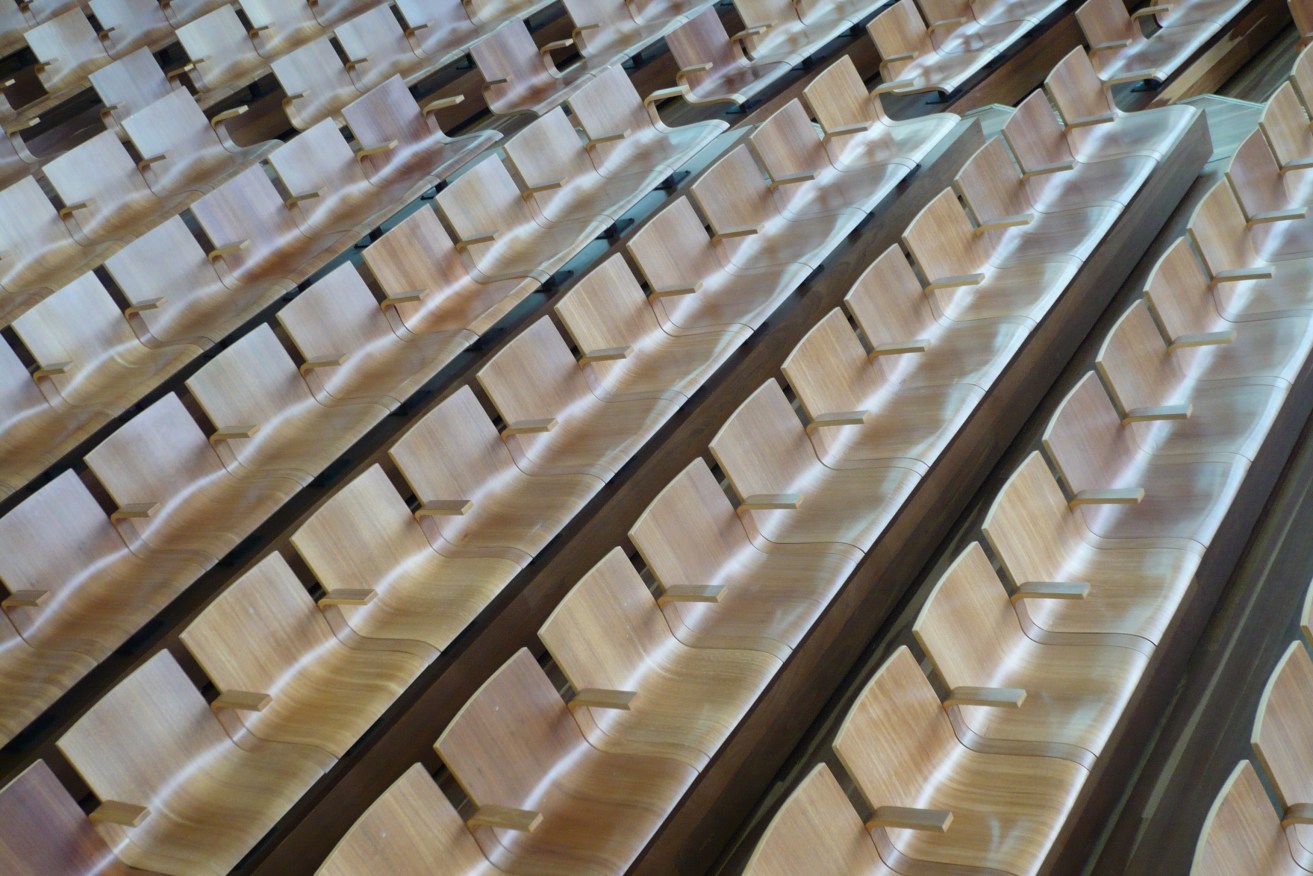Casual university workers fall through the cracks
South Australian universities risk losing the next generation of young academics as tens of thousands of casual workers fall through the cracks of the Federal Government’s job subsidy scheme, the tertiary education union has warned.


File image: Pexels
The South Australian university sector has joined other tertiary institutions across the country in calling on the Federal Government to broaden the eligibility of its JobKeeper program in a bid to protect roughly 94,500 casual and fixed-term staff working in universities across the country.
The government’s JobKeeper payment provides eligible employers with a $1500 per fortnight wage subsidy for each eligible employee.
To be eligible workers needed to be able to show continued employment with one employer for more than 12 months by March 1, 2020. The scheme also depends on businesses with an aggregated turnover of $1 billion or less showing a 30 per cent fall in turnover, while businesses with a turnover of more than $1 billion must show an aggregated fall in turnover or more than 50 per cent.
South Australian National Tertiary Education Union (NTEU) secretary Ron Slee told InDaily a vast number of academics had been excluded from the program due to the nature of university employment.
“Quite often these workers will have employment with different employers – it might be different universities – but it is seasonal. At the moment that prevents them from accessing this support and that is not fair,” Slee said.
He said the Federal Government’s relief package for higher education, which was announced last week, did not go far enough in supporting Australia’s third-largest export industry, excluding the tens of thousands of casual workers.
The Federal Government has previously ruled out extending eligibility for the JobKeeper program pointing casual workers who are not covered by the scheme to the JobSeeker program.
According to a 2018 report from the Grattan Institute, casual employees have been on the increase for the last 20 years and make up roughly 23 per cent of the university academic workforce.
“The main problem for universities … is it’s putting at risk the next generation of academics who universities will be relying on not just for teaching but for research,” Slee said.
“Unless a university does put in a secure investment they can lose those staff. They’ll go somewhere else and down the track, there will be a shortage and it’ll be because these people have become too frustrated and their careers need to take a different path and they’ll be lost to the sector.”
Slee said the union had been joined by South Australia’s university vice-chancellors in placing pressure on the government to increase its stimulus packages to counter the economic effects of the coronavirus.
A spokesperson for Flinders University said part of the issue for universities was they faced a “much higher threshold of eligibility for JobKeeper support and universities are concerned this could preclude staff including casuals from accessing support.”
The spokesperson said casuals who had been rostered for work in the coming months would have access to up to 10 days paid special leave if they were diagnosed with COVID-19.
Both Flinders University and the University of South Australia said they would consider whether casual employees’ work could be undertaken at home.
UniSA Vice-Chancellor Professor David Lloyd said the university’s priority was to ensure students received the teaching they required and “that all of our employees’ jobs are protected as much as possible.”
“UniSA recognises and appreciates the significant contribution that its casual staff make to the success and performance of the University and the anxiety that COVID-19 may be causing,” he said.
Slee said a trend towards casualisation, as well as short stints of employment due to a reliance on research grants rather than permanency, had left casual and fixed-term employees in a vulnerable position, which was being highlighted by the COVID-19 pandemic.
“It should be a very big reminder that when we do eventually come out of this pandemic – and we don’t know when that will be, but it will happen – one of the big changes and the ongoing changes needs to be less staff employed on unsecured work contracts.”
He said the union would continue to work with South Australian universities to find ways to protect jobs and the sector itself.
InDaily contacted the University of Adelaide but did not receive a response before deadline.
Want to comment?
Send us an email, making it clear which story you’re commenting on and including your full name (required for publication) and phone number (only for verification purposes). Please put “Reader views” in the subject.
We’ll publish the best comments in a regular “Reader Views” post. Your comments can be brief, or we can accept up to 350 words, or thereabouts.




